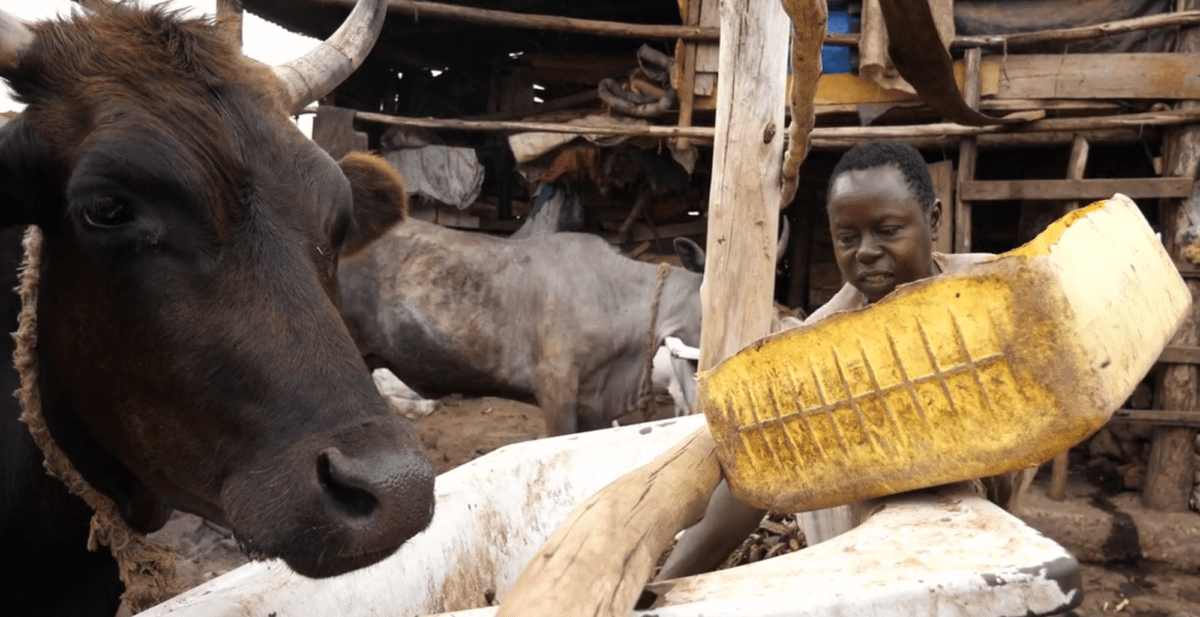Closing the Gender Pay Gap in Agriculture: The Role of Women in Livestock Rearing

Women have always played a crucial role in agriculture, yet they have been sidelined for centuries, with men dominating the industry. The agricultural industry has traditionally been a male-dominated field, with women having a limited role in it. However, in recent years, there has been a shift in this paradigm. Women have started taking up more significant roles in agriculture, especially in livestock rearing, and this trend is growing.
At Eagmark], we believe in empowering women in agriculture, and we are proud of their increased involvement in livestock rearing. We believe that their contribution will bring significant benefits to the industry as a whole. In this blog post, we will delve into why women’s involvement in livestock rearing is so important, and how it is changing the face of agriculture.
The Importance of Women’s Involvement in Livestock Rearing
Livestock rearing is an integral part of agriculture, and women’s involvement in it is vital for several reasons. Firstly, women bring unique perspectives and skills to the table that can help increase productivity and efficiency. Women have a keen eye for detail, and they are often more attuned to the needs of animals. As a result, they can identify potential problems early on and take steps to prevent them from escalating.
Secondly, women’s involvement in livestock rearing can have a significant impact on the industry’s economic growth. In many developing countries, women are responsible for a significant portion of agricultural production, yet they are often paid less than men for the same work. By empowering women in livestock rearing, we can help close the gender pay gap and promote economic growth in these regions.
Thirdly, women’s involvement in livestock rearing can also lead to a more sustainable and inclusive future for agriculture. Women are more likely to prioritize the well-being of their animals and the environment over short-term gains. By encouraging women to take up leadership roles in livestock rearing, we can create a more sustainable and resilient agricultural system.
The Challenges Women Face in Livestock Rearing
Despite the benefits of women’s involvement in livestock rearing, there are still significant challenges that women face in this field. One of the significant challenges is access to resources and training. Women often lack access to training programs, credit, and other essential resources that can help them become successful in livestock rearing.
Another challenge that women face is gender bias and discrimination. In many cultures, livestock rearing is considered a male-dominated field, and women are not taken seriously. Women often face resistance and discrimination from their male counterparts, making it challenging for them to succeed.
The Way Forward
At Eagmark, we believe that women’s empowerment in agriculture is crucial to achieving sustainable development goals. We offer training programs and support services to help women in livestock rearing achieve their full potential. We are committed to providing women with the tools and resources they need to succeed, and we are proud to be a part of this movement towards greater gender equality in agriculture.
However, there is still a lot of work to be done. We need to work towards breaking down the barriers that prevent women from taking up leadership roles in livestock rearing. We need to provide them with the necessary training and resources to succeed. We also need to change cultural attitudes towards women in agriculture and create a more inclusive and supportive environment for them.
Conclusion
Women’s involvement in livestock rearing is crucial for the growth and sustainability of the agricultural industry. Women bring unique perspectives and skills to the table, and their involvement can lead to a more productive, inclusive, and sustainable agricultural system. However, there are still significant challenges that women face in livestock rearing, and we need to work towards breaking down these barriers.



